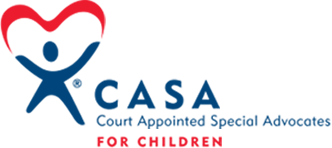Continuing Education Resources:
HELPFUL LINKS:
Foster Care & Student Success Resources
Texas CASA Educational Advocacy Toolkit Facilitator’s Guide
Intro to IDEA, Section 504 and IEP Development
Summary: This presentation provides an introduction and overview of the Individuals with Disabilities Education Act (IDEA) and Section 504 (a federal law designed to protect the rights of individuals with disabilities in programs and activities that receive Federal financial assistance from the U.S. Department of Education.) The presentation also examines the “IEP” Development process for students in the State of Texas.
Texas Education Agency (TEA) Manual – Foster CAre and Student Success
Summary: The Texas Education Agency (TEA) has produced a manual entitled, “Foster Care and Student Success: Texas Systems Working Together to Transform Education Outcomes for Students in Foster Care”. The manual is a wonderful resource for foster families, teachers, school counselors and administrators.
Creating Trauma Informed Classrooms
Summary: While for most children the transition to a new teacher and a new class may present a mild challenge, for children with histories of trauma or harm, entering school may reactivate previous uncertainties, losses, fears, and terrors.
TBRI® VIDeO: Tools for School
Summary: An excerpt from the DVD, Children From Hard Places and the Brain, that discusses helpful tools for children in the school environment.
Signs of Dyslexia
Summary: The signs of dyslexia can appear as early as preschool. Whether you’re a parent or teacher— or think you might have dyslexia yourself—here’s what to look for, starting in the earliest years through adulthood.
What is Dyslexia?
Summary: Dyslexia affects up to 1 in 5 people, but the experience of dyslexia isn’t always the same. This difficulty in processing language exists along a spectrum — one that doesn’t necessarily fit with labels like “normal” and “defective.” Kelli Sandman-Hurley urges us to think again about dyslexic brain function and to celebrate the neurodiversity of the human brain.

